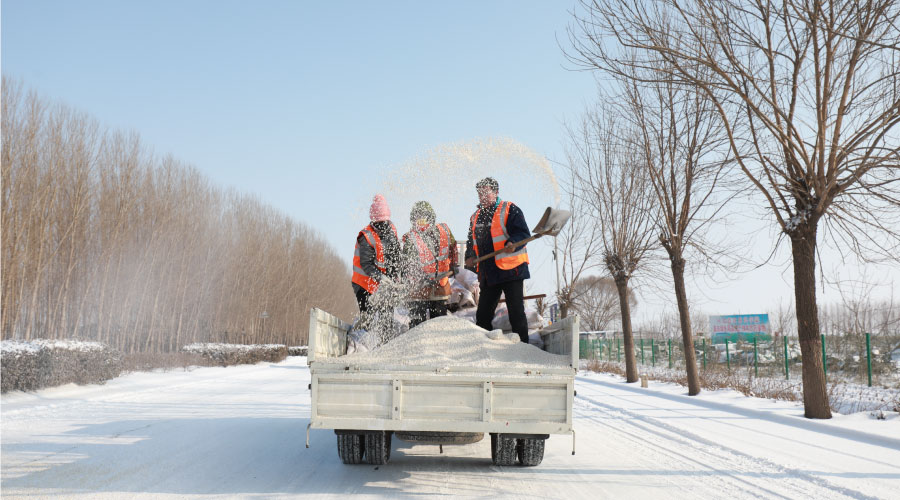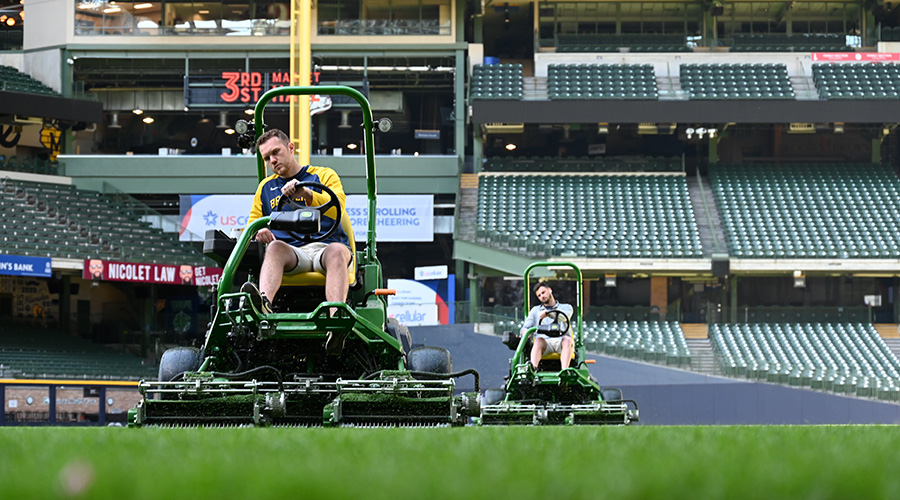Maintenance Strategies for Irrigation Systems
Irrigation systems are major sources of water waste for many institutional and commercial facilities. Because these systems operate largely out of sight, their components can fail, leading to costly leaks and waste. Proper maintenance of irrigation systems not only benefits the environment. It also can provide savings on both overhead and incremental expenses.
Using efficient irrigation techniques helps landscapes remain beautiful without draining unnecessary natural and fiscal resources from grounds departments. Managers can ensure the desired system performance by developing a strategic program of troubleshooting and repair for
these systems.
Testing, testing, …
Proper installation and maintenance of irrigation systems is necessary to ensure they use water as efficiently as possible. Managers need to tailor system performance to meet a landscape’s specific needs, especially in areas with either limited water supplies or with community-imposed water restrictions.
An irrigation specialist can help ensure the system covers the landscape efficiently and effectively. Properly installed irrigation heads should cover landscapes in a uniform manner to avoid over- or under-watering, and the correct types of irrigation heads to ensure that areas such as sidewalks and parking areas do not unintentionally receive water along with the targeted areas.
The best option when it comes to irrigation-system maintenance is to be proactive. Reacting to problems as they arise causes frustration and budget issues and can cause substantial damage to the environment through wasted water. A poorly maintained irrigation system also can lead to a significant portion of water never reaching its intended target. Instead, it is lost to runoff, evaporation and deep watering below the root zone.
An irrigation audit can help managers realize the maximum benefit of their irrigation systems. After assessing the system and identifying deficiencies, a qualified irrigation specialist checks a number of issues, such as the property size, climate, sun exposure and specific vegetation needs, in order to determine the most appropriate and cost-effective irrigation program for the property.
Ensuring an irrigation system is properly tested and maintained reduces water waste and pollution from run-off and over-irrigation. It also improves the landscape’s health by applying the correct amount of water. And, although irrigation systems should undergo a full system check each month, weekly monitoring can uncover potential problems before they cause significant damage.
Related Topics:














